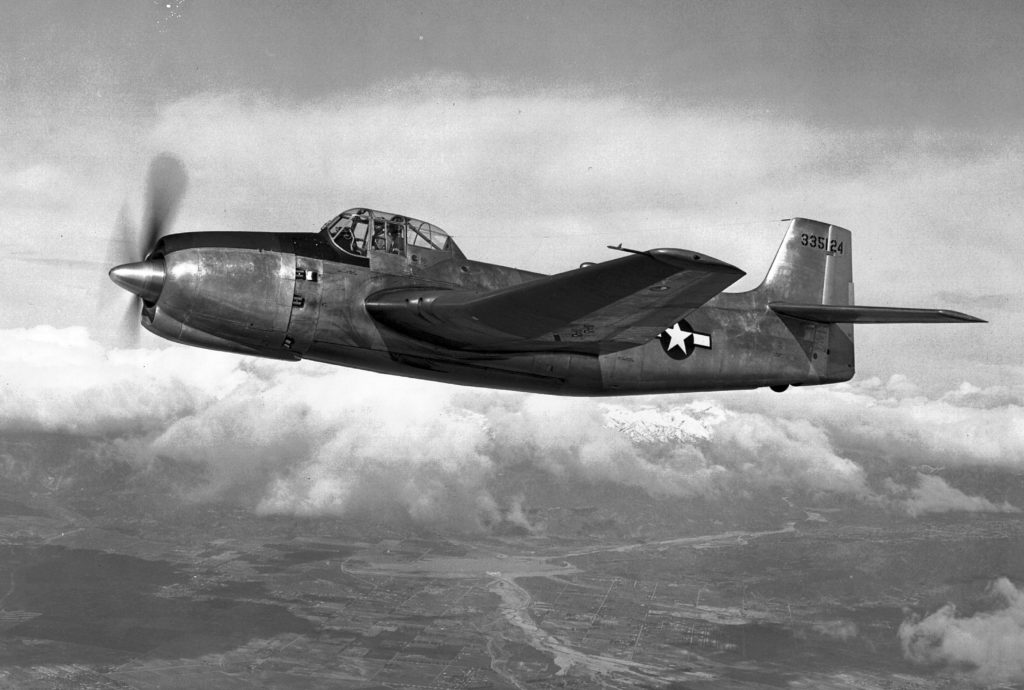Where does the phrase “sweating like a pig” come from?
Sandy Stinson
Dear Ms. Stinson,
The expression dates to the days of industrial steel production and refers to pig iron, which was shaped in molds that had the pieces branching off to look like piglets suckling on a sow. Once produced, pig iron was not cool enough to move without burning anything it touched until it reached a point at which water vapor condensed on its surface, producing “sweat.” Hence, “sweating like a pig.” As for the barnyard animal, it doesn’t sweat much—not when there’s some nice mud to keep it cool.

Sincerely,
Jon Guttman
Research Director
World History
Ask prof. history

Mystery Ship: January 2021
Can you identify this attack aircraft? For the answer, click here!




